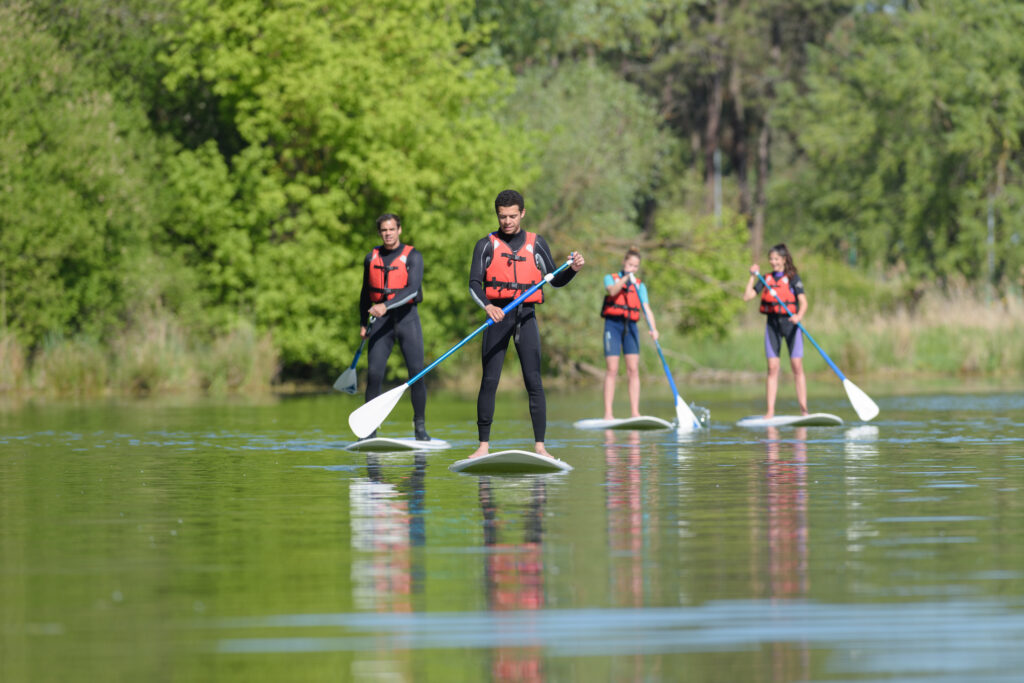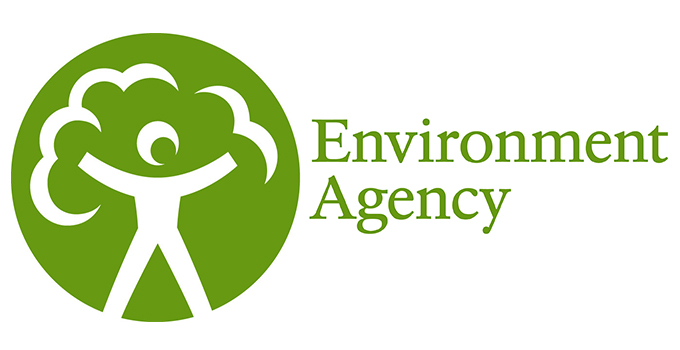How You Can Make a Difference: Small Actions With Big Impacts

Our rivers are a vital part of the ecosystem and play an important role in community health. Unfortunately, they can become contaminated when bacteria from sources like sewage or animal waste enter the water. Some of these bacteria pose a particular risk because they are resistant to antibiotics, making infections caused by them harder to treat if they cause infections in people. This is known as Antimicrobial Resistance (AMR), and it’s a growing concern for health and the environment.
The good news is that everyone can help monitor and protect our waterways!
Here’s how you can help:
Get Involved in Water Sampling!
Be a citizen scientist! You can help us monitor water quality and detect antibiotic resistant bacteria by collecting water samples during your paddle trips or other river activities. This data will help us understand how “risky” bacteria spread through our local rivers.
What you can do:
- Help us to understand how local people use Nottinghamshire’s waterways by completing our community survey.
- Sign up to participate in our water sampling project.
- Learn more about how water sampling can help combat AMR.
Other Ways You Could Help
Use and Dispose of Medications Responsibly
Inappropriate use of antibiotics can cause the bacteria we naturally carry in our guts to become resistant. These bacteria can then spread to the environment, animals and other people through our sewage. Use antibiotics responsibly to help reduce the chances that the bacteria in our guts will become resistant.
What you can do:
- Only use antibiotics as advised by a medical professional.
- Always complete the course as prescribed, and never use antibiotics without a prescription, store some for another time, or share them with others.
Unused or expired medications should never be flushed down the toilet or thrown in the bin. Doing so allows antibiotics and other pharmaceuticals to enter our water systems. Instead, use local pharmacy take-back programs or designated disposal bins for safe medication disposal.
What you can do:
- Find your nearest medication disposal site.
- Spread awareness about responsible medication use and disposal to friends and family.
Minimise Chemical Use
Household cleaners, pesticides, and fertilisers can contribute to water contamination. Choose eco-friendly products whenever possible and follow safe disposal practices for chemicals.
What you can do:
- Reduce your use of harmful chemicals at home.
- Use eco-friendly cleaning products and fertilisers.
- Dispose of chemicals properly to avoid water contamination.
Support Policy Changes
Advocate for policies that limit the discharge of sewage, antibiotics and pharmaceuticals into our waterways. You can help by raising awareness and supporting legislation aimed at reducing water pollution and controlling AMR at its source.
What you can do:
- Stay informed about water and environmental policies.
- Advocate for stricter regulations on sewage waste.
Together, We Can Make a Difference
By making small, conscious changes in our daily lives and getting involved in community initiatives, we can protect Nottinghamshire’s rivers and help reduce the emergence and spread of antibiotic resistant bacteria. Whether through responsible waste disposal, minimising pollution, or joining our water sampling efforts, you can play a vital role in safeguarding the health of our waterways.


